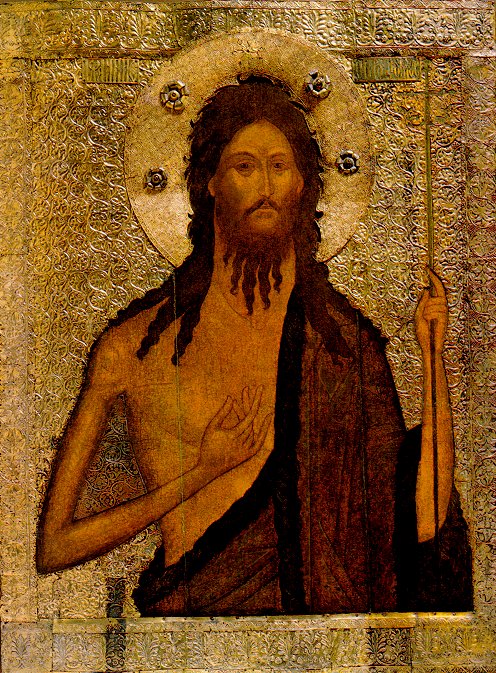"From time immemorial the ecclesiastical hierarchy has exercised this
right in matters liturgical. It has organized and regulated divine worship,
enriching it constantly with new splendor and beauty, to the glory of God and
the spiritual profit of Christians. What is more, it has not been slow - keeping
the substance of the Mass and sacraments carefully intact - to modify what it
deemed not altogether fitting, and to add what appeared more likely to increase
the honor paid to Jesus Christ and the august Trinity, and to instruct and
stimulate the Christian people to greater advantage.
The sacred liturgy does, in fact, include divine as well as human
elements. The former, instituted as they have been by God, cannot be changed in
any way by men. But the human components admit of various modifications, as the
needs of the age, circumstance and the good of souls may require, and as the
ecclesiastical hierarchy, under guidance of the Holy Spirit, may have
authorized....All these
developments attest the abiding life of the immaculate Spouse of Jesus Christ
through these many centuries. They are the sacred language she uses, as the ages
run their course, to profess to her divine Spouse her own faith along with that
of the nations committed to her charge, and her own unfailing love."
--Ven. Pope Pius XII, Mediator Dei §§49-50
--Ven. Pope Pius XII, Mediator Dei §§49-50






.jpg)














